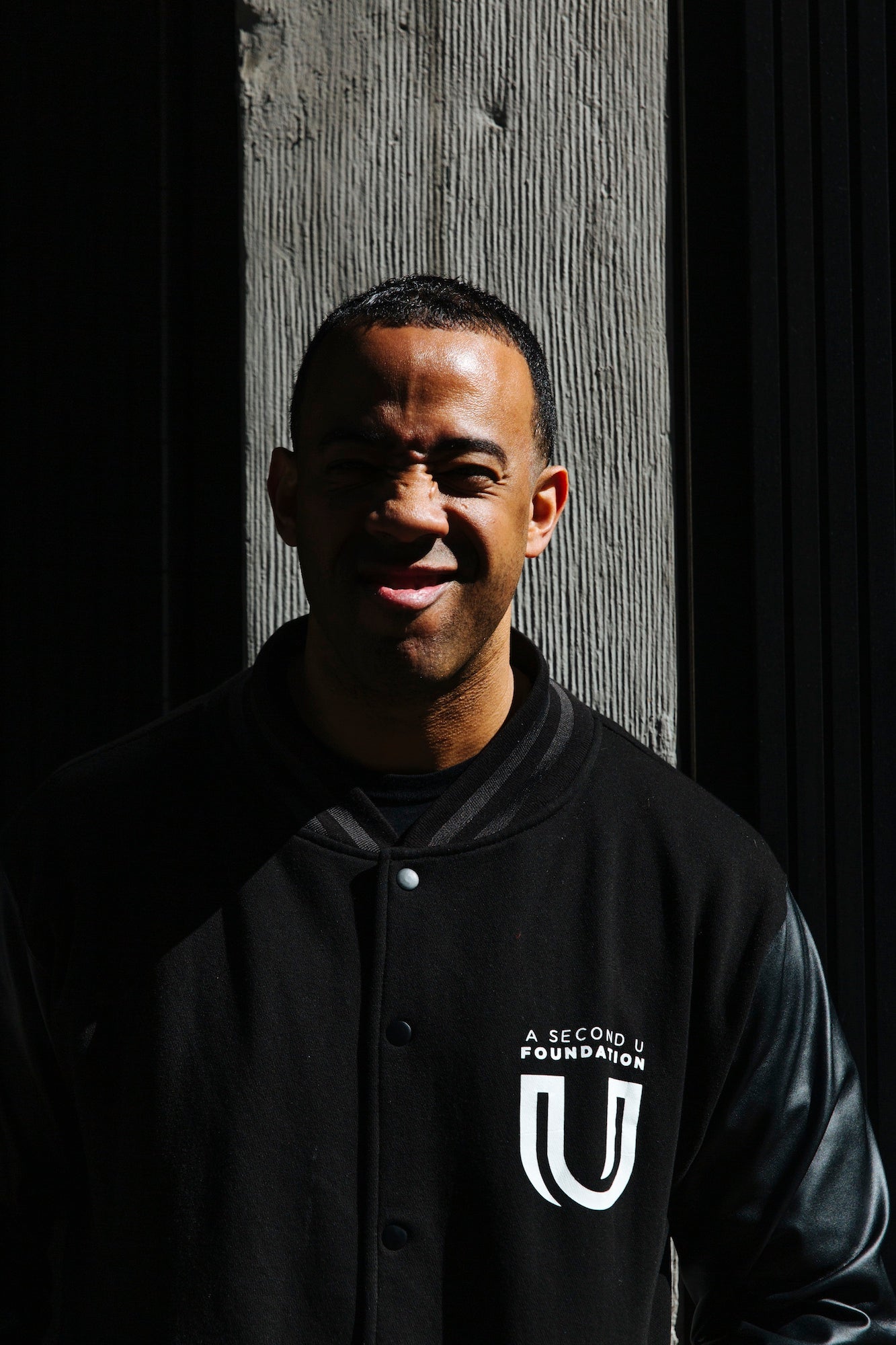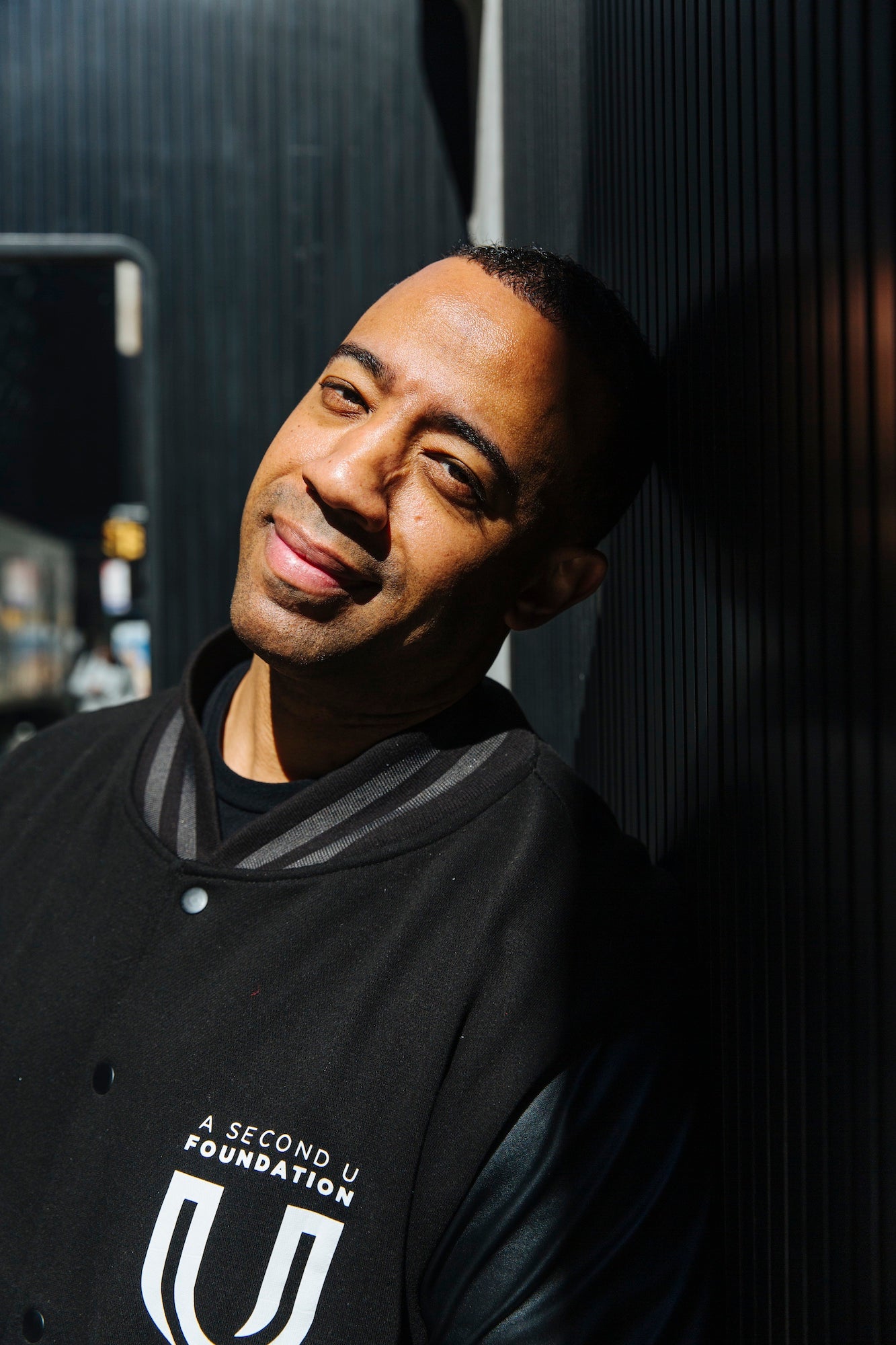
The founder of A Second U Foundation on rising the criminal ranks, finding wellness in prison, and creating a playbook for second chances.
AS TOLD TO GOSSAMER
I was born and raised in Brooklyn. The old Brooklyn.
My business was trafficking cocaine up and down the entire East Coast. I’ve always had an entrepreneurial spirit. I was in the streets at the age of 12. Both my parents are deceased, and the streets are like a family for a lot of young people from poor communities who really don’t have anybody. I grew up in a different New York. The NYPD sold guns; they sold kilos. Detectives—they were all doing it. It was just a very weird city at the time.

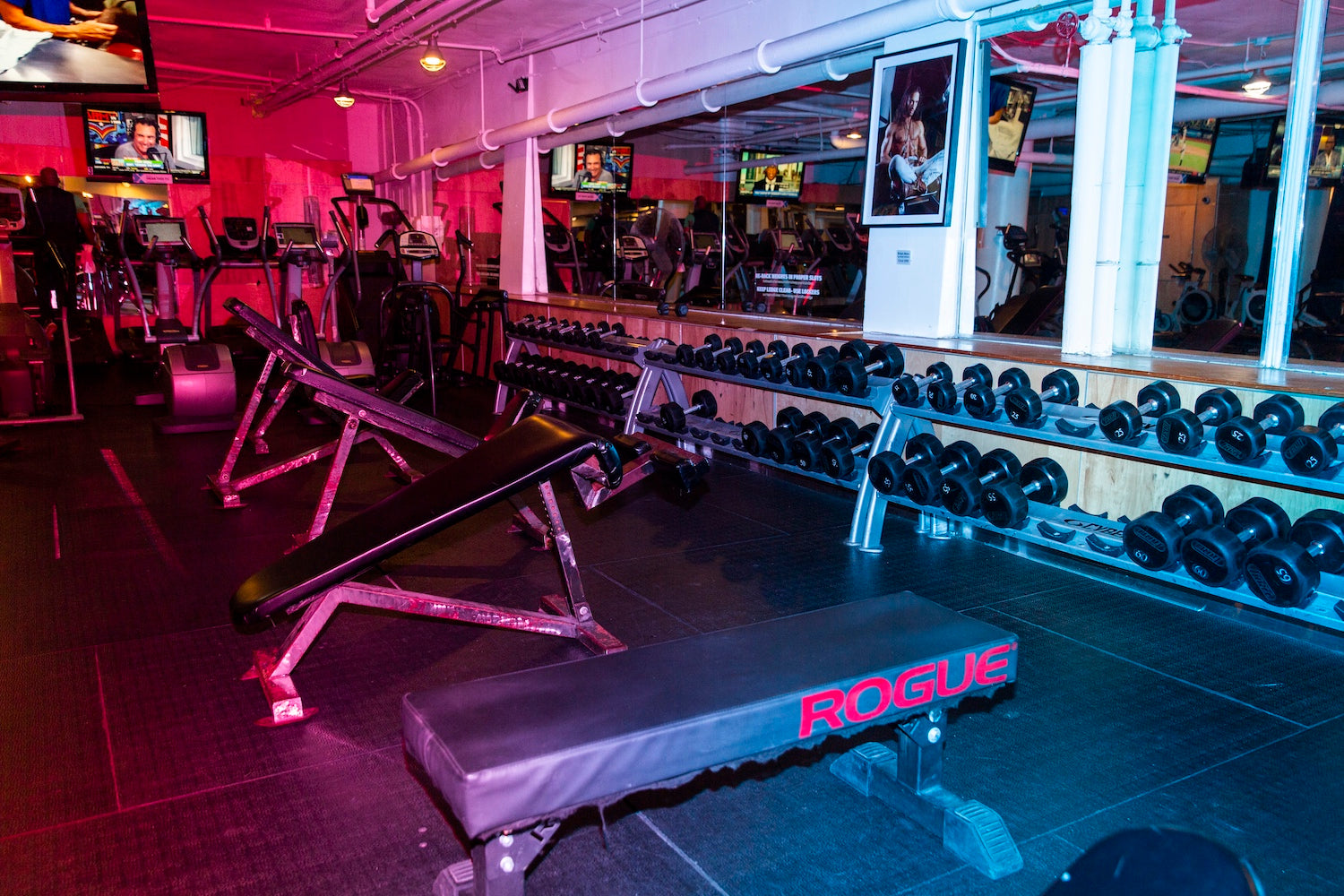
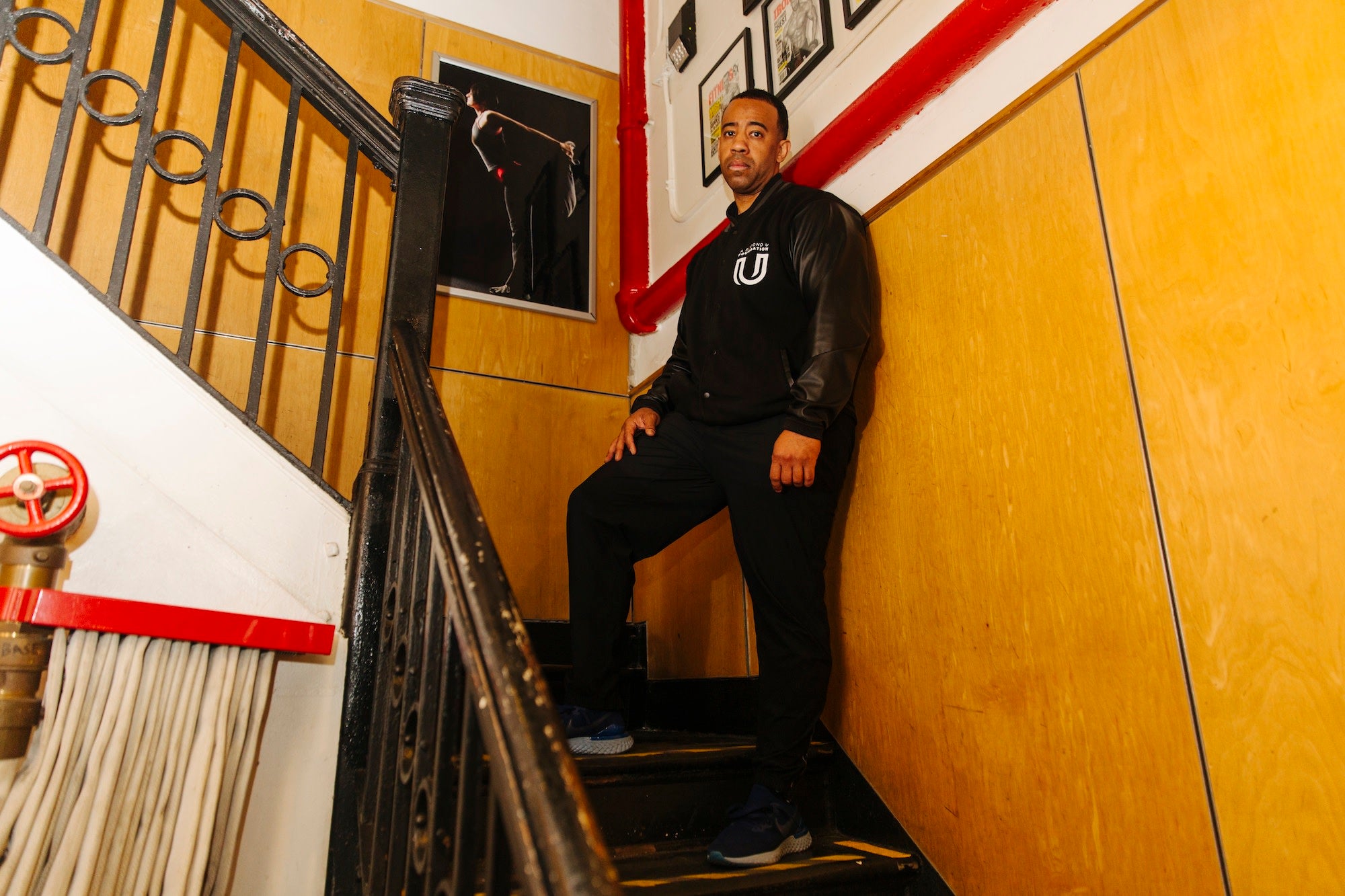
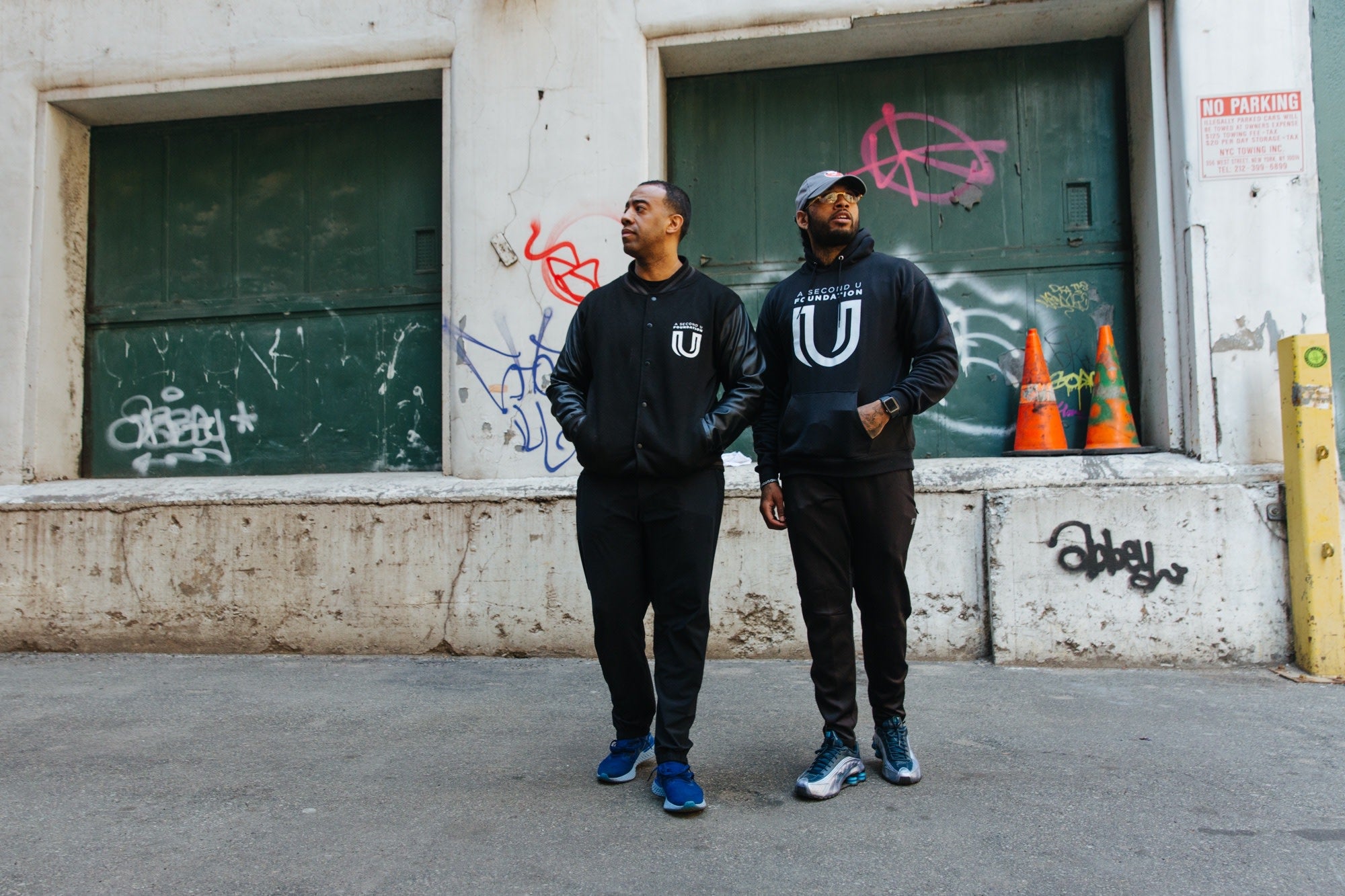
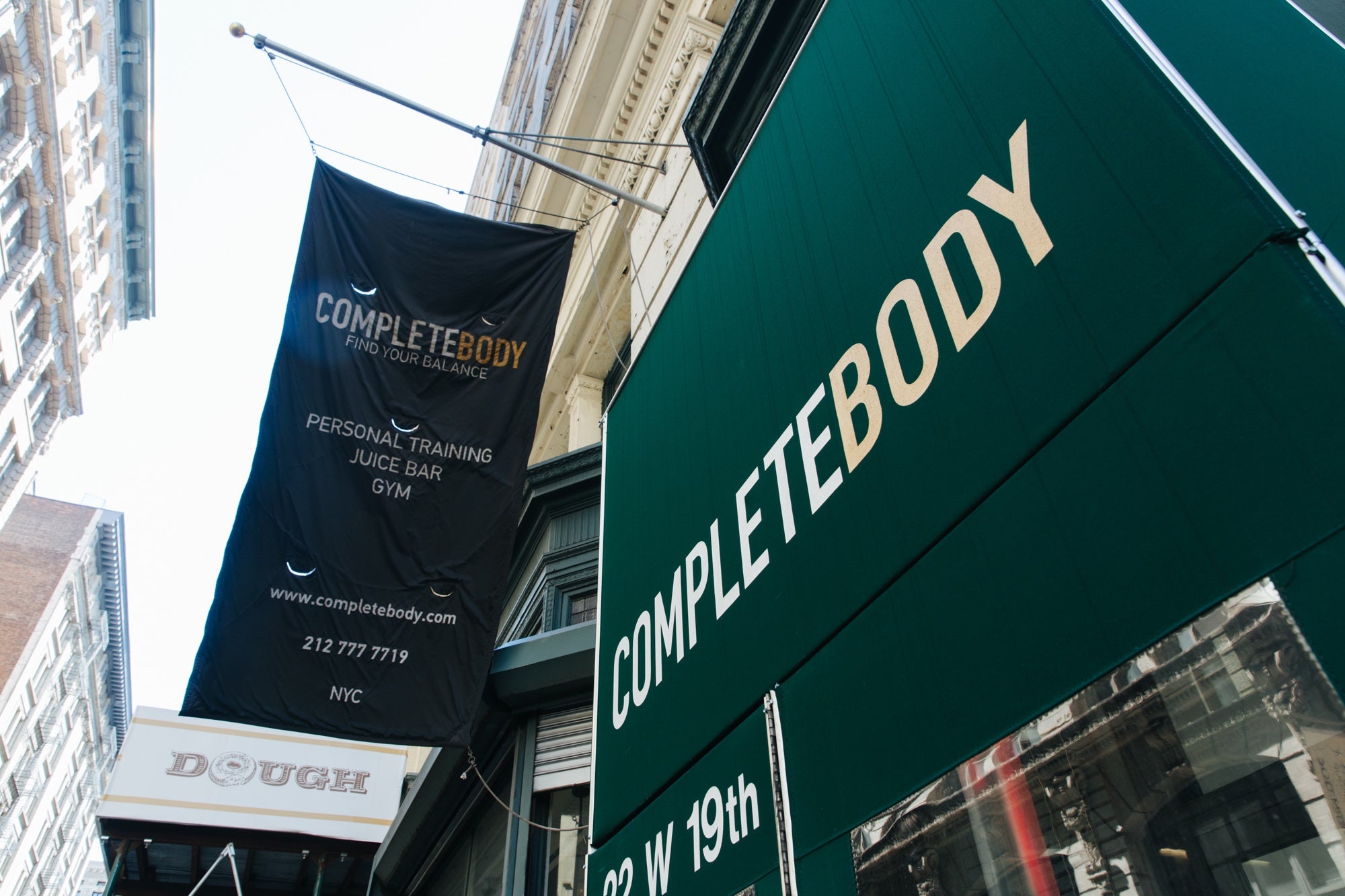
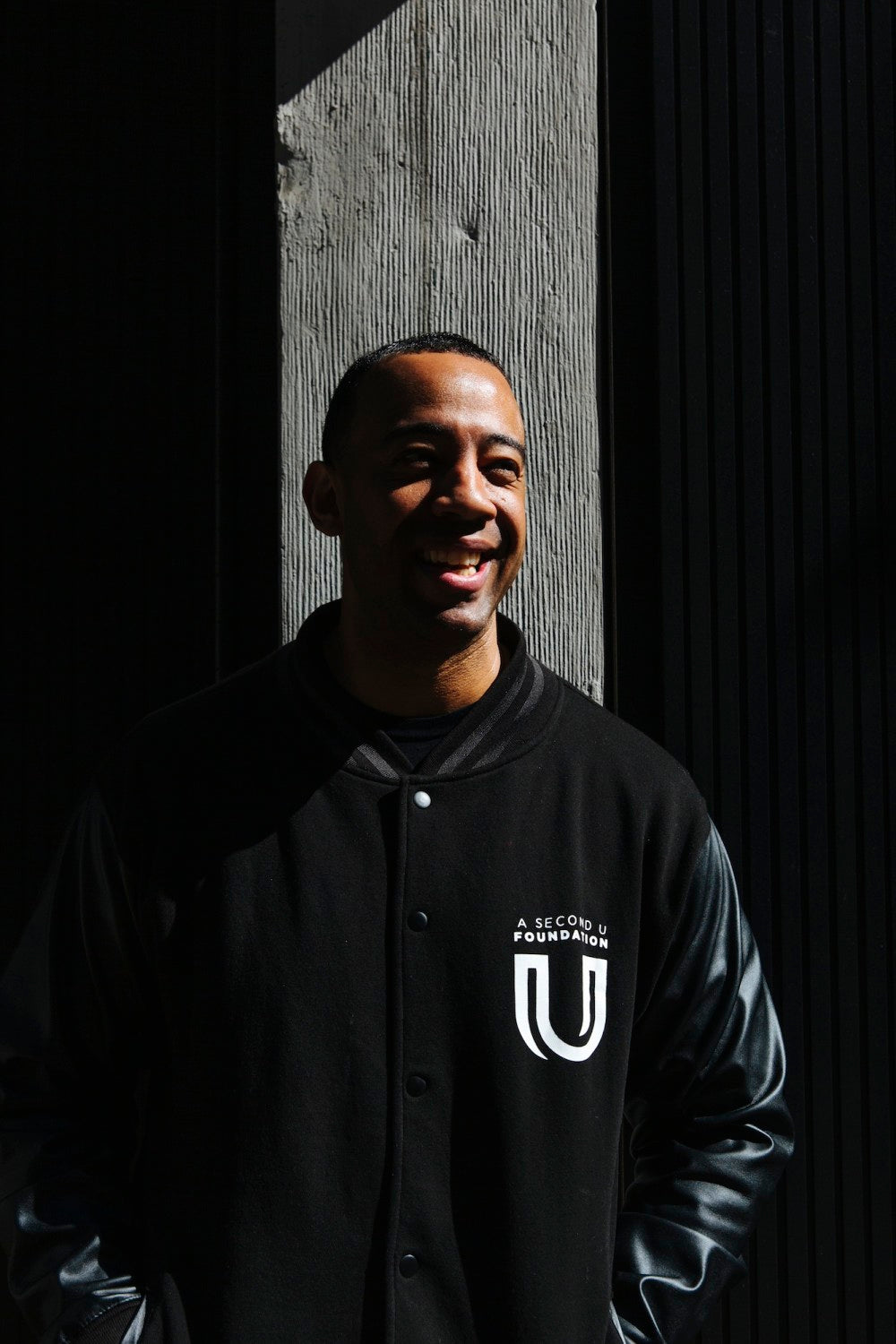
I’m pretty sure I’m going to end up living upstate. I need quiet; I need peace. There’s no peace in the city, and I’m getting older.
I clearly have a lot of fear tied up in these things and I don’t like that. I do want to try dipping my toe in, even with something like ecstasy. I just think each individual is just quite different. Each individual needs different things, different chemicals. It’s like how one prescription of antidepressant doesn’t work for everybody. Some people can tolerate Lexapro, some can tolerate Zoloft, some can tolerate Wellbutrin, and so on. But you have to try them to figure it out. It’s all about what perfect potion will make you an open, vulnerable, expressive person who can feel all the things, and not just one thing.
Soothing rituals can take different forms. I think there’s the treats version of that where I’m like, I just want cookies and to do nothing. That’s usually if I’ve had a really tough and stressful work week. Then I’ll lean into that. And then there’s YouTube, which I really love. I love watching historical costuming and sewing. I love watching painting. I love watching cooking. I find cooking sounds really soothing, like ASMR. That is usually what I do to relax myself. And I love watching birth videos.
Since I can remember, I’ve always wanted to be a mother, and hopefully I have the opportunity to do that in my life. I’ve just always felt in my bones that it was something I was meant to be. I was always sort of baby crazy and loved children, and it turned into this obsession with birth, and the transition of identity for a mother, or a person giving birth.
I think in some ways it’s one of the last truly mystical things that we have in this world, where people are like, “Wow, maybe there is a God,” right? It’s something that we have so little control over, a process that touches life and death, where we tap into our most primal, and deepest selves, and where you see the true power of the body, particularly women’s bodies. And newborn babies feel like this gift from the universe. They feel like these completely untouched little creatures who we, as adults, still don't fully understand.
Over the years, my interest in wanting to be a good parent, and wanting to be a good mother, transitioned into me really obsessing over the birth process, and how cool I think it is. And also how sexy I think it is. It’s such an interesting thing. Life comes from sex and life comes from, I don’t know, just such a bodily experience. But as somebody who hasn't done this before, I’m also sure I romanticize a lot of it in ways.
